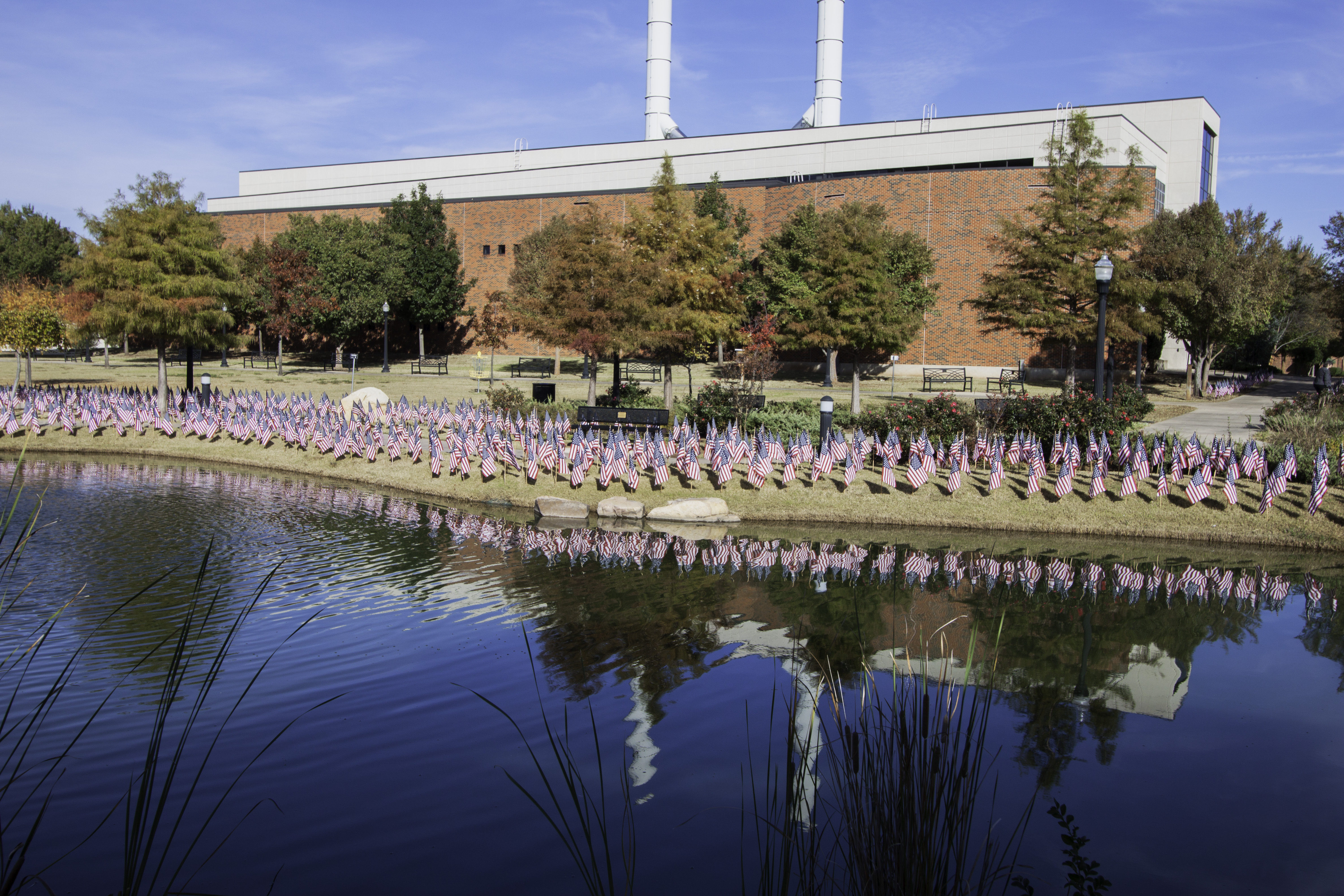Voter Information
Read Cameron University’s mission statement, and you’ll note that the university not only has a goal of providing you with a world-class education, but also developing productive members of society. It is Cameron’s goal to prepare its students for “responsible citizenship” and to make “meaningful contributions to a rapidly changing world.” There is no better way to do that than by exercising your right to vote each time you have an opportunity.
Voter Registration
In order to vote in any election – city, county, state or national – you must first be registered. In order to vote, you must be a U.S. citizen and at least 18 years of age before the election in which you plan to vote. (Other qualifications may apply.) Generally, where you register depends on your city and state of residence. However, it can be a little more complicated for college students. As a student, you can usually register to vote in either your hometown or where you attend college, depending on the residency requirements of your state. Keep in mind, however, while you can live in more than one place, you are only allowed to vote in one. But most importantly, you can’t vote at all unless you are registered. Federal election officials have prepared a guide to help you determine where you should register as a college student.
If you are ready to register, you can do it online in most states. TurboVote is an excellent place to start. (This site is especially helpful if you are one of Cameron’s out-of-state students.) You can register – or pre-register if you’ve not yet turned 18 – and even check on the status of your registration if you had already registered before enrolling at Cameron. If you’re going to register in Oklahoma, you can also do it through the OK Voter Portal.
If you are already registered to vote, you may need to check your registration to make sure the information on it is current. In fact, it’s highly suggested that you do so to avoid possible problems on election day. In Oklahoma, you can do it through the OK Voter Portal. You can verify your address, change your political affiliation if you would like to do so, find your voting location, view sample ballots and even request a replacement voter ID card.
It’s extremely important to remember that there are certain times of the year when voter registration is closed. In Oklahoma, registration generally closes about 24 days before an election. Whether you are registered in Oklahoma or another state, please don’t delay checking your status, as it could mean the difference in whether or not you can vote in a particular election.
Absentee voting
In some instances, you may be unable to personally visit your polling place on election day. Don’t worry. Every state provides absentee ballots. All you have to do is request one. In Oklahoma, any registered voter can request an absentee ballot. You do not need a special reason to request one. The deadline to request an absentee ballot for an election is 5 p.m. 15 days prior to election day; this gives enough time for your request to be processed and a ballot provided to you … and give you enough time to complete it and mail it back. Ballots must be received by your county election board no later than 7 p.m. on election day in order to be counted.
In some cases, you can also vote early in person. In Oklahoma, you can vote at the Comanche County Election Board in Lawton on the Wednesday, Thursday, Friday and Saturday prior to an election. For exact dates and times, click here and look for Comanche County.
Just remember, by law, you can only vote in the county where you are registered.
Election day
Polls in Oklahoma are open on election day from 7 a.m. until 7 p.m. Know the location of your polling place. It is printed on the front of your voter registration card. You can also find it online here. Be sure to take along personal identification. In Oklahoma, it can be an unexpired photo ID, such as your driver’s license, or your voter registration card.
Be an informed voter
We encourage you to be engaged civically and vote every time you have the opportunity. That also means knowing the candidates and issues that affect you. In this age of social media, it's challenging to know where to go to find factual and unbiased information. Take the time to consult with legitimate and verifiable sources to get the information you need to make your decision. You may even want to obtain a sample ballot from your election board so that you can become familiar with it before you go vote. But the main thing is … VOTE!

